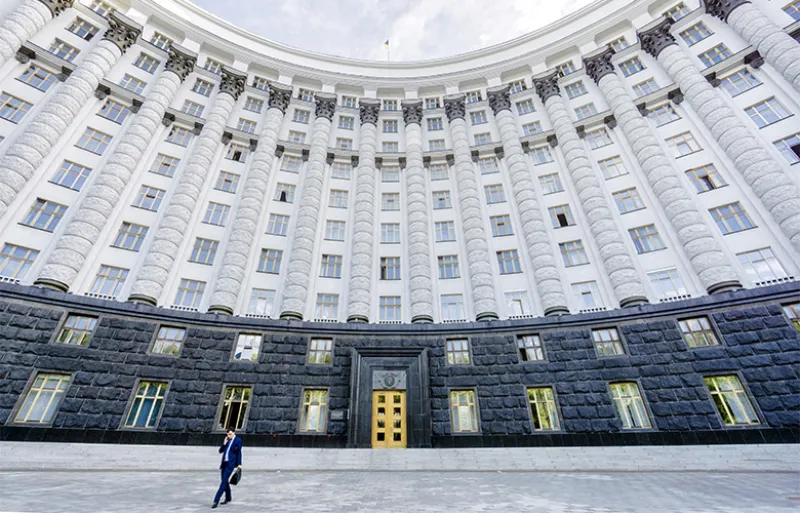Asset managers have called on the Ukrainian government to accelerate anti-corruption and land reforms — or risk squandering growing investor interest in the country.
Ukraine ranked as one of four developing countries on fund firms’ radars for new investment in the coming year, according to a survey of 214 managers by Institutional Investor earlier this year.
[II Deep Dive: Ukraine Tops EMEA List for Potential Investment]
The International Monetary Fund agreed to a four-year, $17.5-billion lending program in April 2014, amid a national slump in GDP growth and rocketing inflation.
While fund managers see potential in the ex-Soviet state, they want the government to step up corruption-related prosecutions, accelerate land reforms, and make good on promises to the IMF.
BlueBay Asset Management’s Senior Sovereign Strategist Timothy Ash gave the country’s leaders credit for stabilizing the economy and making progress on fiscal reform. But investors need to see less talk and more action, he said. “They have created an anti-corruption unit, but is there a commitment at the top? They are not being pushed by the IMF or the EU to create a parallel anti-corruption system with specialist anti-corruption courts,” he told II. “They are responsible for this and the top officials seem to have stalled it.”
An IMF report released this April also noted that the agricultural land market “remains underdeveloped due to a moratorium on the sale of land.”
Ash said that if the Ukrainian government could execute a successful land reform strategy, it would attract institutional investors, but suggested that the interests of “big oligarchs” are slowing the speed of reform. “This is a country with a huge potential. It could be the best in Europe and yet nothing has been achieved in 35 years. The IMF wants to push it — but there are obstructions.”
In September, asset managers, investors, and policymakers met in Odessa for the annual Ukrainian Financial Forum, and debated the reform agenda at length.
Makar Paseniuk, managing partner of ICU — a regional asset management and investment banking group — felt conference delegates recognized the work already completed, but still had significant concerns. “It is important that the government forges ahead and accelerates the reform process,” Paseniuk said. “This will be a powerful signal to investors waiting on the sidelines, those nervous about corruption, transparency, and legal protection. We need to create a healthier backdrop and more positive agenda if we are going to generate interest and build confidence from foreign investors that Ukraine is an emerging market they should not ignore.”
Some fund managers remain unconvinced that the Ukraine government will drive further reforms at an acceptable pace. Such a process in Ukraine is “always very sticky” and “rigid,” according to Sergey Dergachev, Union Investment’s lead portfolio manager for emerging market debt. He told II that he expects progress to become tougher ahead of the country’s presidential elections in 2019. “Key drivers to watch for emerging market investors are mostly political signals on who will compete for the top post in 2019 and developments in talks with IMF.” Russia’s own elections next March could likewise upset its foreign policy and political relationship with its neighbor Ukraine, Dergachev added.







